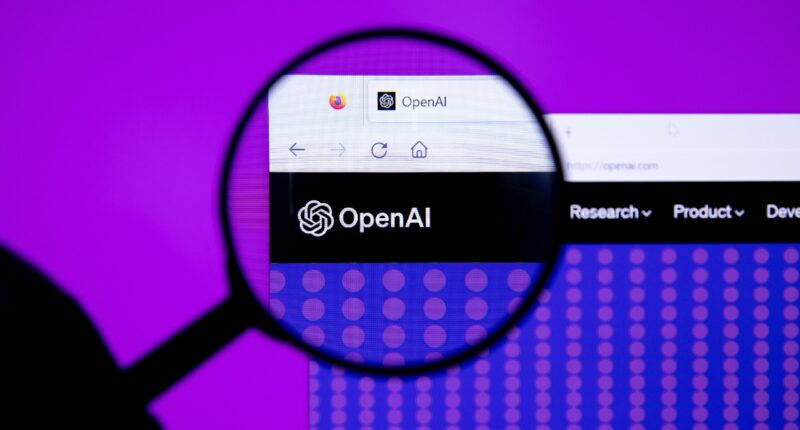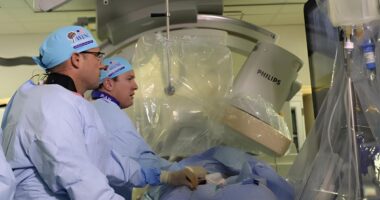OpenAI has accelerated the recruitment of robotics researchers specialising in humanoid systems. At the same time, its board chair confirms that the sector is experiencing a financial bubble similar to the one during the dot-com era.
According to Wired, OpenAI has been hiring multiple researchers with expertise in developing AI algorithms for controlling humanoid robots and other robotic systems. The recruitment drive includes specialists in teleoperation and simulation technologies, which are essential for training robots to perform human-like tasks.
Recent additions to OpenAI’s team include Chengshu Li, who joined from Stanford University in June 2025, after working on benchmarks for humanoid robots in household tasks. TechCrunch reports the robotics expansion coincides with comments from OpenAI board chair Bret Taylor acknowledging the AI sector’s bubble characteristics.
Transformative potential
Job listings reveal that the company seeks expertise in teleoperation methods, where human operators control robot limbs while algorithms learn to replicate these actions. Speaking to The Verge, Taylor echoed CEO Sam Altman’s warning that investors will suffer substantial losses despite the technology’s transformative potential.
“I think it is both true that AI will transform the economy, and I think it will, like the internet, create huge amounts of economic value in the future,” said Taylor, board chair at OpenAI and CEO of AI agent startup Sierra, in an interview with The Verge. “I think we’re also in a bubble, and a lot of people will lose a lot of money. I think both are absolutely true at the same time, and there’s a lot of historical precedent for both of those things being true at the same time.”
Taylor compared today’s AI landscape to the late 1990s internet boom, arguing that whilst many companies failed when that bubble burst, the fundamental predictions about technological transformation proved correct.
OpenAI’s robotics job postings indicate the team aims to achieve “general-purpose robotics and pushing towards AGI-level intelligence in dynamic, real-world settings.” One mechanical engineering role requires experience with high-volume manufacturing systems producing over one million units, suggesting potential mass-market applications.
The company has not disclosed whether it plans to manufacture its own robots, partner with existing manufacturers, or focus solely on developing control algorithms for third-party hardware.











